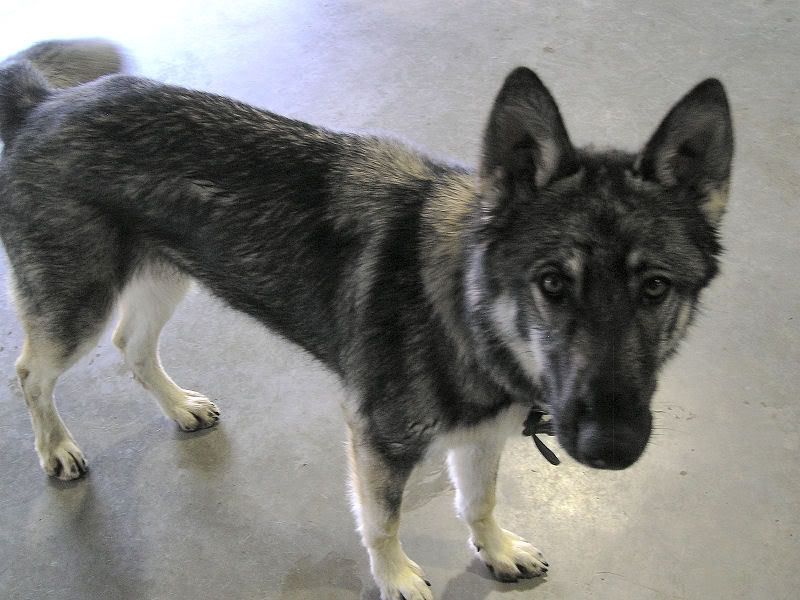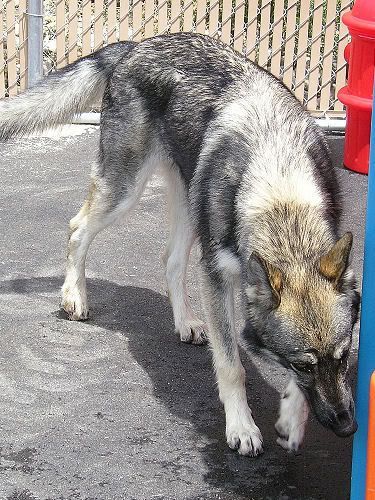I've just been looking around the internet for baby cockatoos and I found a few people selling hybrid cockatoos. so far I've seen Galah X Sulphur Crested and Galah X Short billed Corella babies that are either for sale now or have been sold, and they were all significantly more expensive than regular toos.
it got me wondering, what are the effects of creating hybrid cockatoos? from what I know, apparently it's okay to cross breed Macaws, but not Lovebirds, and I can find absolutely nothing about hybrid cockatoos. I'd love to buy one of these babies because they are super gorgeous but I'm not so sure I'm comfortable with buying something there is so little information on. I really don't want to fall in love with a bird only to have it get sick and die prematurely. if anyone has any experience with or knows anything about hybrid COCKATOOS specifically please share your knowledge :b
thanks
•edit•
I forgot to mention I HAVE found a little information on hybridization of cockatoos, but nothing on Australian ones. I figured its probably different, because people seemed to be against the cross breeding of M2 and U2's because of how different their personalities and natural habits and instincts are. I thought it might be different in the case of Australian native cockatoos because they are so similar that I almost always see flocks of corellas, sulphur cresteds and galahs eating together, as well as some wild hybrids.
also there's not much of a risk of messing up the gene pool for future generations, because all of the toos I mentioned are so highly populated here they're considered pests in certain areas.
it got me wondering, what are the effects of creating hybrid cockatoos? from what I know, apparently it's okay to cross breed Macaws, but not Lovebirds, and I can find absolutely nothing about hybrid cockatoos. I'd love to buy one of these babies because they are super gorgeous but I'm not so sure I'm comfortable with buying something there is so little information on. I really don't want to fall in love with a bird only to have it get sick and die prematurely. if anyone has any experience with or knows anything about hybrid COCKATOOS specifically please share your knowledge :b
thanks
•edit•
I forgot to mention I HAVE found a little information on hybridization of cockatoos, but nothing on Australian ones. I figured its probably different, because people seemed to be against the cross breeding of M2 and U2's because of how different their personalities and natural habits and instincts are. I thought it might be different in the case of Australian native cockatoos because they are so similar that I almost always see flocks of corellas, sulphur cresteds and galahs eating together, as well as some wild hybrids.
also there's not much of a risk of messing up the gene pool for future generations, because all of the toos I mentioned are so highly populated here they're considered pests in certain areas.
Last edited:








